If your dog happens to eat rat poison or you suspect that they did, see your veterinarian immediately. It’s helpful to have the packaging or at least to know the type of rat poison that your dog got into, as the active ingredient will dictate the type of treatment required. It would also be helpful if you knew how much they ate.
Rat poison is one of the most common toxicities that dogs get into. Some of them just can’t help but snoop around, poking their nose (and mouth) into places that they shouldn’t. Since many rodenticides are enticingly flavored in order to attract rodents, they often attract dogs too. Read on for more information on what to do if your dog eats rat poison.
If you need veterinary advice for your pet, we recommend PangoVet’s TeleVet service. You can have a video consultation with a real veterinarian from the comfort of wherever you are, no travel needed. PangoVet’s vets can provide you with personalized care and advice, and hopefully help ease your mind.

If you want to speak with a vet online, head to PangoVet and get the personalized advice you need for your pet — all at an affordable price!
Please note that PangoVet does not offer prescriptions and is not for medical emergencies.

What to Do if Your Dog Eats Rat Poison
Whether you saw it firsthand or found incriminating evidence, take the following steps when your dog eats rat poison:
- Contact your vet. This is the very first thing that you should do. They will likely want to see your dog, so be ready to make a visit to the veterinary hospital.
- Bring the packaging if possible so your vet will know the active ingredients. If you don’t have it, try to remember the name. If neither is possible, grab a sample of the poison to take with you.
- Don’t induce vomiting or feed your dog unless told to do so by the vet.
- Try to determine how much your dog ate and when, and note any signs that they may be showing.
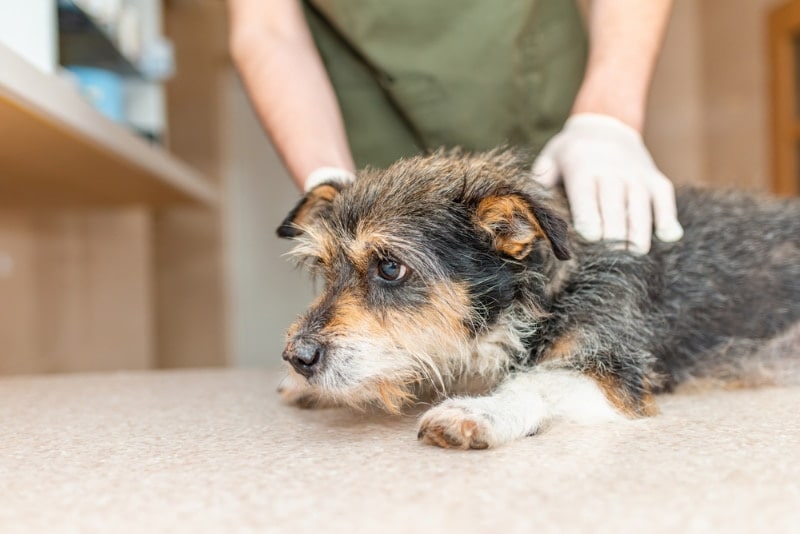
The 4 Types of Rat Poison
There are four main types of rodenticides out there on the market. These types are not brands, but rather the active ingredients. Each is specific in how it is lethal to rodents, so each can create specific issues in your dog. Knowing the type of rat poison is crucial for your vet to provide the proper treatment.
All these types of poisons come in various forms, including different colors and shapes. This can make it hard to determine what your dog ate, so if you don’t have the packaging or name, bringing in a sample of the poison may still be helpful.
1. Anticoagulant
This is the type that most people are the most familiar with because it was the most commonly used until recently, when several major manufacturers made an active ingredient switch. The active ingredients in anticoagulant rat poisons include warfarin, bromadiolone, and difenacoum. These work by decreasing the blood’s ability to clot, causing fatal bleeding.
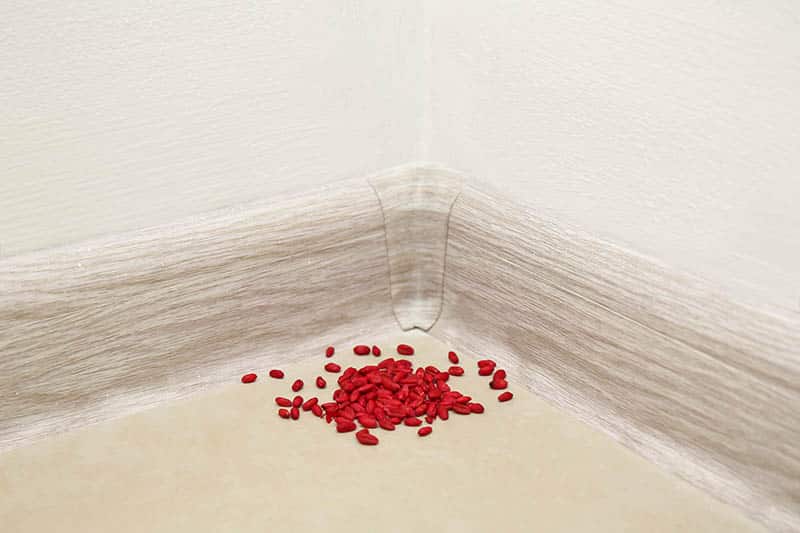
2. Bromethalin
This toxin affects the nervous system and is often very toxic in very small amounts. It can lead to paralysis and respiratory distress, along with brain swelling.
3. Cholecalciferol
This is a form of vitamin D (vitamin D3) that in large amounts, increases the amount of calcium in the blood to a dangerous level. When blood calcium is high, tissues like those of the heart and kidneys become calcified and ultimately shut down. This ingredient is gaining in popularity, so you may see more brands of rat poisons using it.
4. Zinc and Aluminum Phosphide
These products mix with the stomach acid to form phosphine gas, which is highly toxic. Food in the stomach increases the amount of gas that’s produced. This type of poison is most commonly used for gophers and moles, but it can also be found in rat poisons.

What Are the First Signs of Rat Poison in Dogs?

Each type of rat poison comes with its own set of signs and time frame for those signs to appear. If you suspect (or know) that your dog ate rat poison, don’t wait to see signs—get your pup to the vet first. Here are a few specifics:
- Anticoagulants take 3–5 days to show signs of internal bleeding. That can include lethargy, pale gums, exercise intolerance, difficulty breathing, weakness, and spontaneous bleeding.
- Bromethalin can show effects within 2 hours if your dog happened to get a large dose. Small doses may take up to 36 hours to show issues of incoordination, seizures, or tremors.
- Cholecalciferol can take 2–3 days before you start seeing signs of kidney failure, including increased drinking and urinating, decreased appetite, weakness, and bad breath.
- Zinc and aluminum phosphide cause signs within 24–48 hours and may include bloating, stomach pain, vomiting, seizures, and collapse.
Again, don’t wait for the signs to show up, but get your pup to a vet as soon as possible if you catch them in the act of eating rat poison or if you find suspicious evidence that they may have gotten into it. If you’re in the dark about your dog consuming rat poison and see the signs first instead, you should still get them to a vet immediately.
Is your dog presenting any of these signs? We suggest you speak with a vet online for guidance.
Can a Dog Be Cured From Rat Poison?
We can’t stress this enough: Knowing the type of rat poison is essential to getting the proper treatment. The amount of poison that your dog consumed and when it happened will also be factors in the success of treatment. If you don’t know what kind of rat poison your dog got into, your vet will have to rely on their exam findings and other diagnostics, like bloodwork and imaging.
So, what does a vet do when a dog comes in after eating rat poison? For most types of rat poison, they may induce vomiting if the pup recently consumed the product. They may also give activated charcoal to help absorb as much of the toxin as possible. From there, supportive treatment will be provided based on the type of rat poison and any signs that are showing.
Anticoagulants are treated with a long course of vitamin K, which helps return blood clotting to normal. Severe cases may need continued fluid therapy, blood transfusions, and oxygen therapy with hospitalization.
Bromethalin and cholecalciferol don’t have specific antidotes, just supportive therapy. Most dogs will be hospitalized to receive fluids and medications to help control swelling in the brain or to decrease blood calcium levels.
Dogs that get into zinc or aluminum phosphide rat poisons will also need hospitalization in order to get medications to protect the digestive system and liver and to help treat seizures.
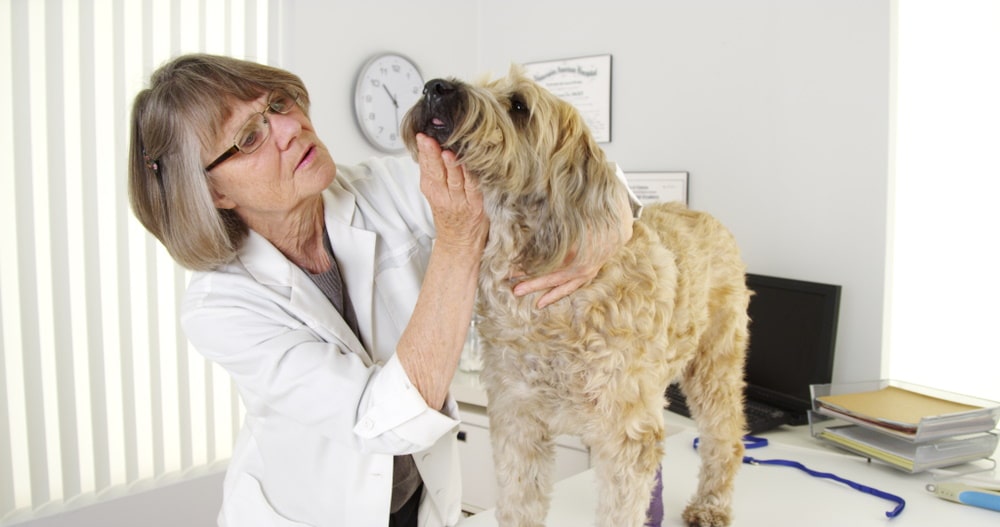
How Often Do Dogs Survive Rat Poison?
The survival rate of dogs eating rat poison is highly variable. It depends on the type of poison, the amount consumed, and the length of time between ingestion and treatment. If caught and treated early, most dogs can make a successful recovery after eating rat poison.
Prevention is always better than treatment, though, so be sure to keep rat poisons well out of reach of your dog. Don’t let your dog explore new spaces without supervision, and teach them basic commands like “come” and “drop it” so you can better control the situation should your pup find rat poison.

In Conclusion
A dog eating rat poison isn’t a wait-and-see situation. You need to get them to a vet as soon as possible. Knowing the type and amount of poison that your dog consumed will help your vet perform the best possible treatment. Getting professional help early is a major factor in a successful outcome after a dog eats rat poison.
Featured Image Credit: VVVproduct, Shutterstock



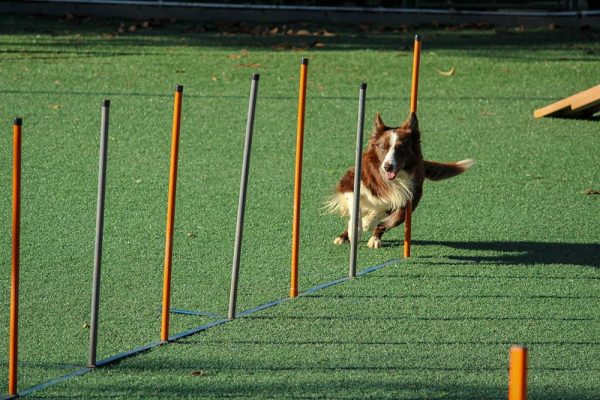






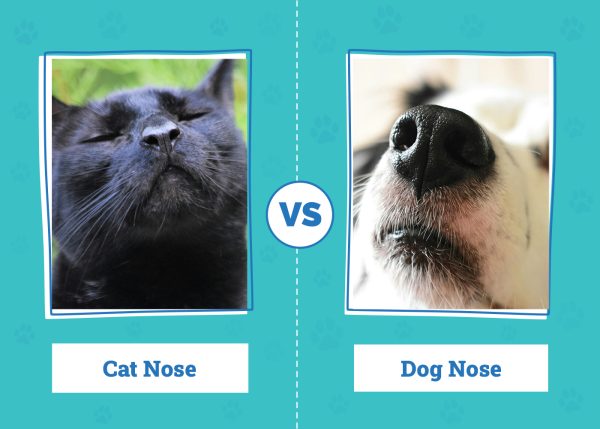


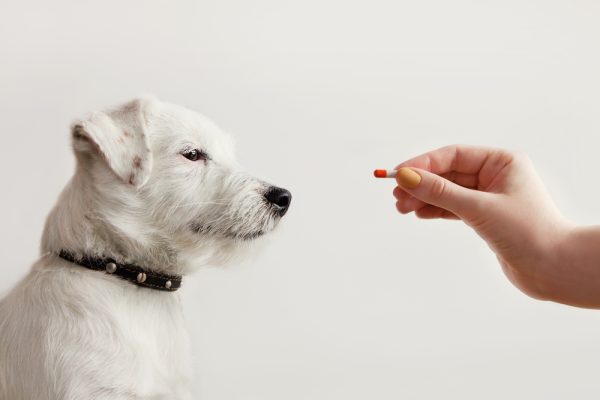
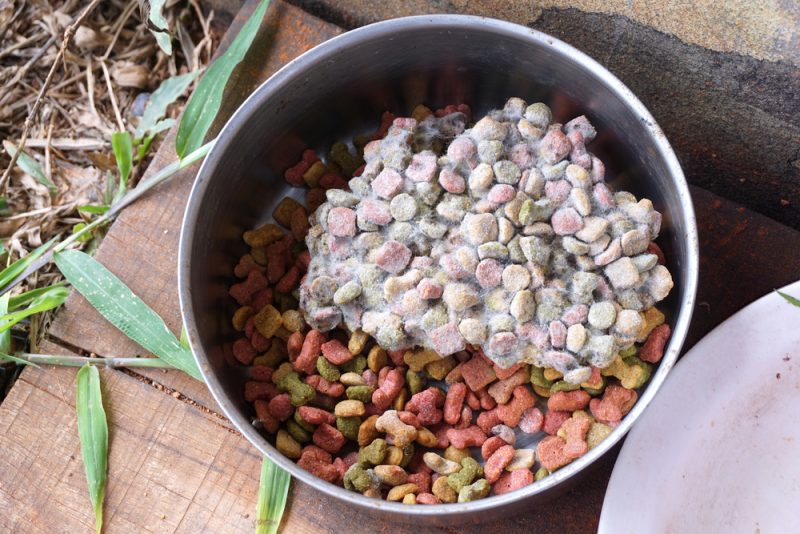



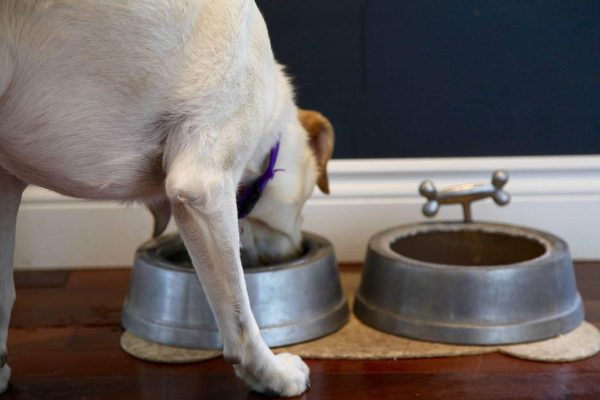



2 Responses
After going to the Vet and they gave the dog treatment, how soon can you feed the dog
Hi Kathy, thanks for reaching out. I'm sorry to hear that you and your dog had to go through that. I hope they are OK now! In these situations, it is best to follow the advice of the vet who treated your dog, as they will know all of the details. If they haven't provided you with specific instructions, I would suggest contacting them, and they will be able to tell you exactly what needs to be done. I hope this helps. 🙂